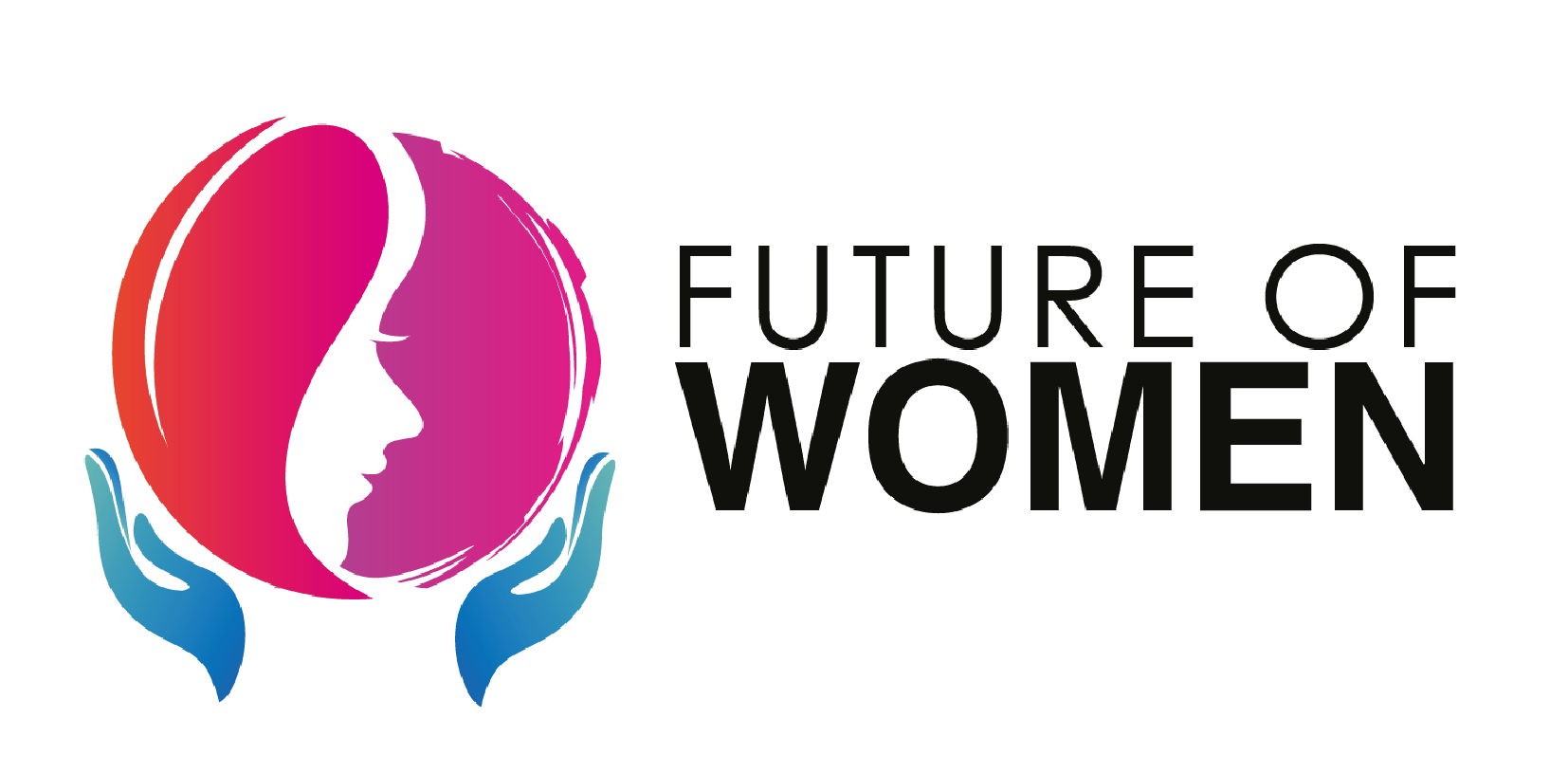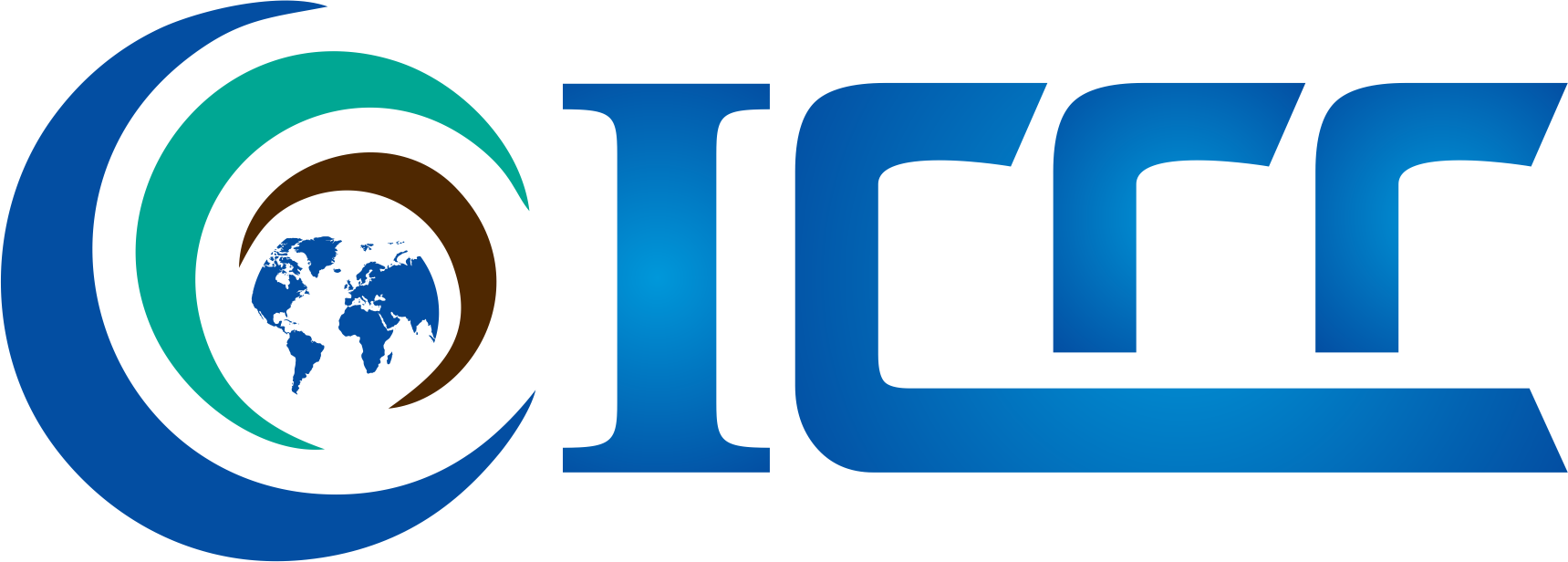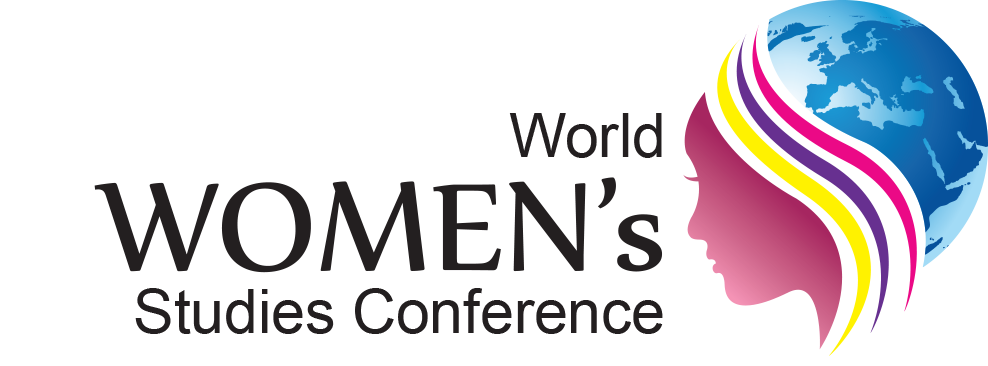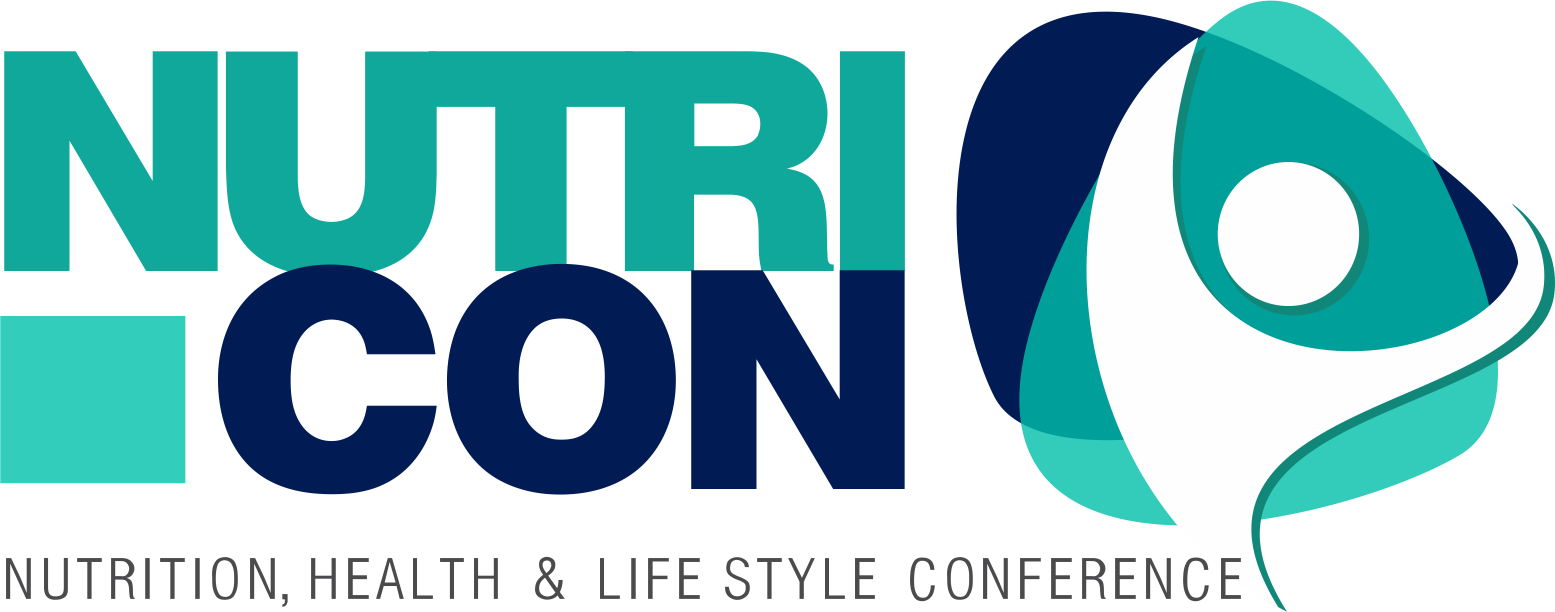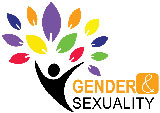
Special Features
- Home
- Special Features
Pre-conference Workshop

PROF. RACHMI DIYAH LARASATI
WORKSHOP SPEAKER
Director of Graduate Studies at the Gender,
Women & Sexuality Studies department at the University of Minnesota.
Pre-Conference Workshop on Rethinking Gender and Vision of Knowledge Transformation by Rachmi Diyah Larasati
07th June 2024 | Time : 9.00 AM(IST)
Join us in exploring the dynamic intersection of gender and knowledge transformation at our workshop titled “Rethinking Gender and Vision of Knowledge Transformation.” In this engaging session, we will delve into the intersectionality in practice (Positionality and dedication of feminist method -collective future).

Dr. Warren J. Blumenfeld
WORKSHOP SPEAKER
Adjunct Professor at the College of Education,
University of Massachusetts Amherst.
Pre-Conference Workshop on “Social Construction of Gender and Sexuality” by Dr. Warren J. Blumenfeld
- Overview
The social construction of gender and sexuality refers to the understanding that gender roles and sexual identities are not biologically determined but rather shaped by societal norms, cultural practices, and historical contexts. This perspective posits that what is considered masculine or feminine, as well as acceptable forms of sexuality, varies across different cultures and time periods. It challenges the binary view of gender and emphasizes the fluidity and diversity of gender expressions and sexual orientations. By recognizing these constructs, it allows for a more inclusive and equitable approach to understanding human identity and relationships, highlighting the need for social change and the dismantling of rigid stereotypes.
Key Takeaways
- Gender and Sexuality are Culturally Defined
- Challenging the Gender Binary
- Variability across Cultures and Time
- Impact of Social Norms
- Advocacy for Inclusivity.

Dr. Warren J. Blumenfeld
WORKSHOP SPEAKER
Adjunct Professor at the College of Education,
University of Massachusetts Amherst.
Conducted by Professor Shari L. Dworkin, Professor at School of Nursing and Health Studies, University of Washington, Bothell.
Date: 12th July 2024 | Time : 09.00 AM – 10.00 AM(IST)
- Overview
Publishing in highly reputable gender and sexuality journals requires a strategic approach to ensure that your research stands out in a competitive field. Drawing insights from an Associate Editor, this overview will guide you through the critical steps of selecting appropriate journals, understanding their specific focuses and audience expectations, and preparing your manuscript to meet rigorous academic standards. Emphasizing the importance of originality, theoretical contribution, and methodological rigor, the notes also offer practical advice on navigating the peer-review process, responding to feedback, and enhancing the visibility and impact of your work within the scholarly community.
Key Takeaways
- Journal Selection
- Theoretical Contribution
- Methodological Rigor
- Navigating Peer Review
- Enhancing Visibility
Publication workshop Series

Are you an academic researcher striving to navigate the complex world of academic publishing? Join our comprehensive workshop designed to guide you through the process of creating impactful research papers and successfully publishing them in renowned journals.
Title: "Excelling in Qualitative and Mixed Methods Manuscripts"
Free Entry to the conference participants
Special Events
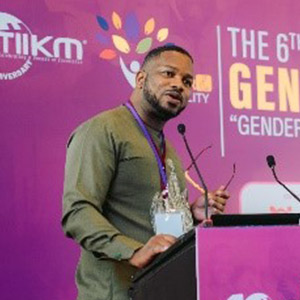
Prof . Anthony Browns
WORKSHOP SPEAKER
Stellenbosch University
South Africa
Welcome to Part 3 of our comprehensive Sexuality Workshop Series! This final segment is designed to deepen your understanding and enhance your experiences of sexuality in a safe, supportive, and enlightening environment.
Free Entry to the conference participants
- Join in-person – USD 80
- Join Virtually – USD 30

PROF. SHAHANA RASOOL
Department of Social Work and Community Development
University of Johannesburg
South Africa
19th September 2024 | Time : 3.30 – 4.30 (IST)
World Café
Welcome to Gender and Sexuality World Café 2024! Let’s learn together, question ideas, and make connections. Share your thoughts at different tables for interesting conversations. Your voice is important – let’s make this space lively together!
Free Entry to the conference participants
- Join in-person – USD 80
- Join Virtually – USD 30
Register Now
Networking Opportunities
19th September 2024 | Time : 3.30 – 4.30 (IST)
Round Table Discussion
Open to professionals, enthusiasts, and visionaries.
Topics:
- Meatal health and Gender Identity
- Religious Perspectives on Gender and Sexuality
- Global Perspectives on LGBTQ+ Rights
- Empowering Transgender Communities
- Digital Spaces and Online Harassment
Free Entry to the conference participants
- Join in-person – USD 80
- Join Virtually – USD 30
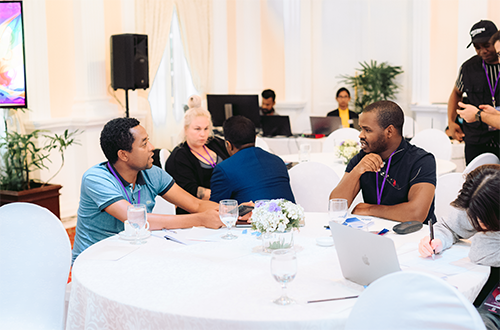
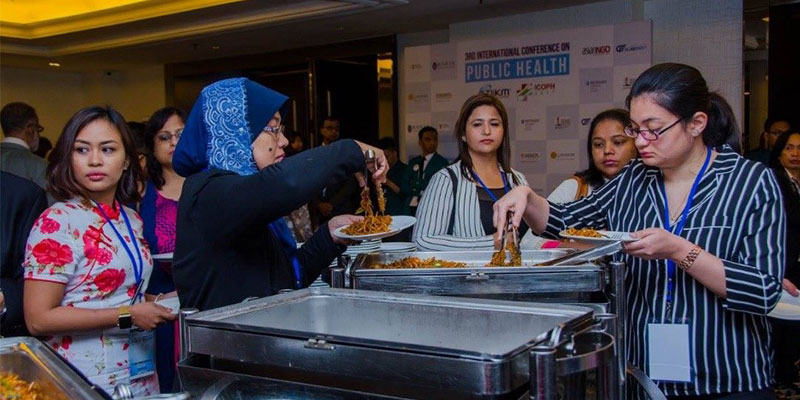
Cultural Elegance: A Gala Networking Gala Dinner
Join us at the Gender and Sexuality 2024 gala dinner. Connect with influential leaders, academics, activists, and passionate individuals in Gender and Sexuality Studies. This event offers more than a culinary delight—it’s a space for diverse voices, fostering conversations that transcend boundaries. Immerse yourself in cultural exchange, networking, and celebrating diversity. Don’t miss this chance to connect, share experiences, and be part of a community advancing gender and sexuality studies. Secure your spot for a memorable night of camaraderie and celebration.
Special Rate for the Conference Participants: 35 USD
(This is optional for the conference participants. If you would like to join the networking dinner, please contact the conference secretary secretariat@gender.tiikm.com)
Collaborative Excellence: MoU Signing Ceremony
Join us for a significant and formal occasion during the ICOHT 2024, the MOU Signing Time for Partners. This dedicated session marks a pivotal moment where universities/ organizations come together to formalize their commitment to collaboration and partnership.
Experience the diversity of partnerships as entities from various sectors, including academia, industry, and policy makers, come together to sign Memorandum of Understanding. This diversity reflects the interdisciplinary nature of our conference and the potential for cross-sectoral collaboration.
If your university or organization is interested in formalizing collaboration with other entities in attendance, please reach out to our organizing committee (sectary email) to facilitate the process leading up to the MOU Signing Time. Ensure that your partnership aligns with the conference’s objectives and themes
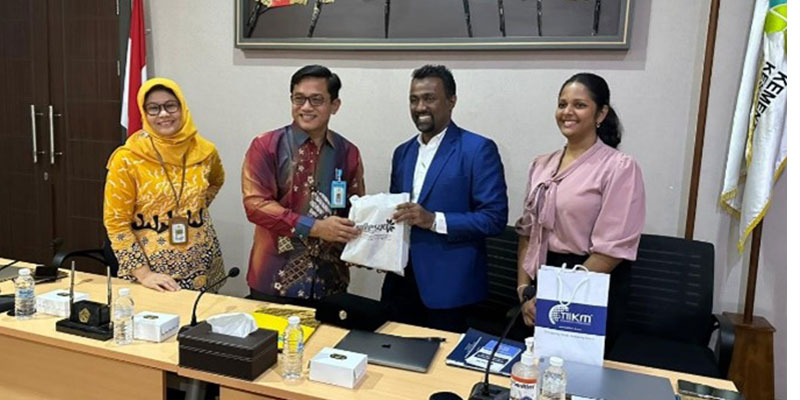
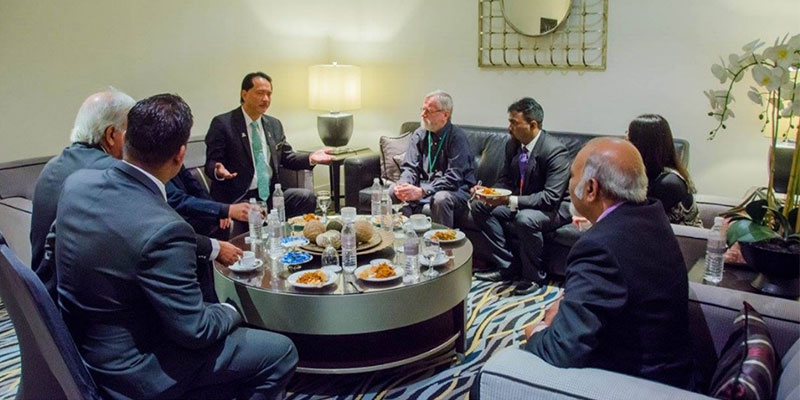
Networking and Collaboration at the Partner Dinner
We are delighted to host an exclusive gathering for key individuals and representatives of our esteemed partner organizations. The Partner’s Dinner is not just a meal; it’s an opportunity for meaningful discussions, relationship-building, and the exchange of valuable insights among key stakeholders in our vibrant community.
Highlights of the Partner’s Dinner include:
Networking Opportunities: Engage with key decision-makers, thought leaders, and influencers in a relaxed and conducive setting. Connect with like-minded professionals who share a passion for advancing our industry.
Interactive Discussions: Participate in thought-provoking discussions that go beyond the conference sessions. Share your experiences, challenges, and insights with fellow partners, gaining valuable perspectives that contribute to collective growth.
Relationship-Building: Strengthen relationships with your industry peers and potential collaborators. The informal setting of the Partner’s Dinner encourages open dialogue and the establishment of connections that extend beyond the event.
Exclusive Insights: Gain exclusive insights into upcoming trends, collaborative opportunities, and key developments that can impact your organization. Leverage the expertise and knowledge present in the room to stay ahead in a rapidly evolving landscape.
(If you would like to join the networking dinner, please contact the conference secretary secretariat@gender.tiikm.com)
“Connect": Exclusive Sessions for Virtual Participants
At Gender and Sexuality 2024, we are committed to inclusivity and ensuring that every participant, regardless of their physical location, has a fulfilling conference experience. Join us virtually, and let’s make this conference a truly global gathering! We are excited to introduce our Special Engagement Sessions exclusively designed for remote participants.
Interactive Discussions: Engage in lively discussions on key conference topics. Our virtual engagement sessions are designed to facilitate meaningful conversations, ensuring that your voice is heard and your insights are valued.
Q&A Sessions: Get direct access to speakers and presenters through dedicated Q&A sessions. Ask your burning questions, share your perspectives, and be an active part of the conversation, all from the comfort of your virtual space.
Networking Opportunities: Connect with fellow virtual participants and expand your professional network. Our virtual engagement sessions provide unique networking opportunities, allowing you to make valuable connections within the conference community.
Note: Detailed schedules and access information for Virtual Engagement Sessions will be provided closer to the conference date. Stay tuned for updates!

Related Topics
- Who are the keynote speakers?
- Register online and reserve your seat
- Guidelines for your abstract submission
- Are there any FAQ forum or how can I contact you?
Organized By

- The International Institute of Knowledge Management
- #531/18, Kotte road, Pitakotte.
- +94 11 799 2022 / +94 76 573 3737
- isanka.gamage@tiikmedu.com
- www.tiikm.com
